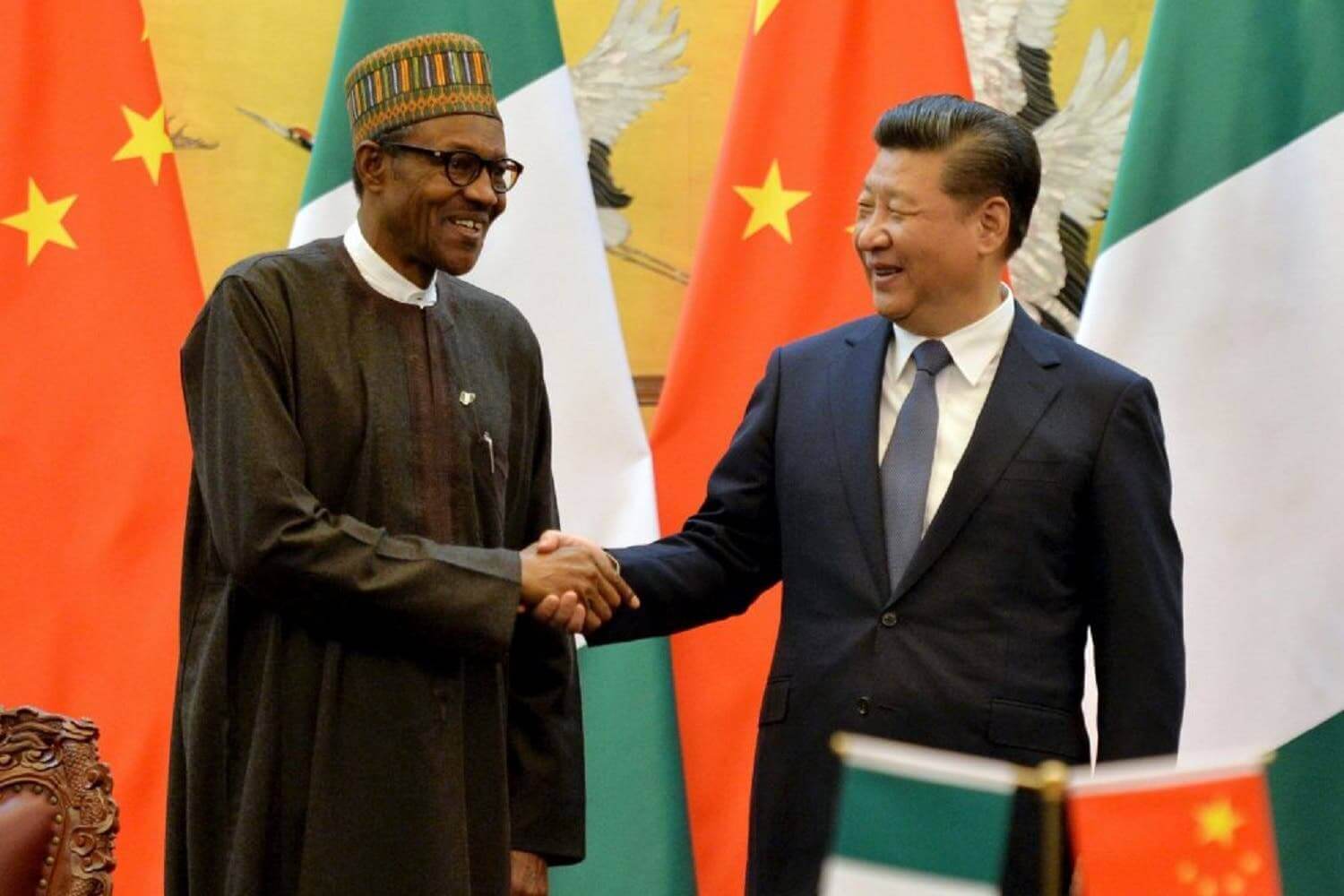The Congress of Nigeria Political Parties (CNPP) is demanding the resignation of Minister of Transportation Rotimi Amaechi over a $400 million loan agreement between the Export-Import Bank of China and the Nigeria National Information and Communication Technology (ICT) Infrastructure Backbone Phase II project. They allege that the loan “wills the sovereignty” of Nigeria over to China, and are highly suspicious of Amaechi’s decision to push the House Committee not to investigate the terms of the loan, which was signed in 2018.
The clause in the loan that is in question states that “The borrower hereby irrevocably waives any immunity on the grounds of sovereign or otherwise for itself or its property … except for military assets or diplomatic assets” if they default on the repayment of the loan.
The Attorney General of the Federation and Minister of Justice Abubakar Malami has dismissed any concerns over the loan, saying that defaulting on the loan would only affect Nigeria’s assets, not the sovereignty of the “nation in its own right”.
Likewise, the Minister of Transportation, Rotimi Amaechi, is confident that the country will pay back the loans within the stipulated 20 year period, and said that “such agreements must contain some terms” but “that doesn’t mean that you are signing away the sovereignty of the country” as “no country will sign out its sovereignty”.
Aside from the minutiae of this loan, critics of President Muhammadu Buhari’s government are also concerned about the sheer volume of loans undertaken by the Nigerian government, with foreign loans now standing at $23 billion, up from $7.02 billion in 2015. This has drawn the ire of both current politicians and past leaders, such as former Vice President Atiku Abubakar. Abubakar remarked that Buhari’s policy of signing excessive loans is ‘profligate’ and the “height of irresponsibility” and that the ruling All Progressive Congress (APC) party owes an apology to the nation for surrendering control to outside actors.
Accordingly, the Socio-Economic Rights and Accountability Project (SERAP), a non-governmental organization that seeks “transparency, accountability, and protection of economic and social rights in Nigeria”, has asked the Federal High Court to order the Buhari administration to provide details for all loans taken since May 29, 2015.
The House will convene on August 17, when the ministers in question—Minister of Transportation Rotimi Amaechi; Minister of Finance, Budget, and National Planning Zainab Ahmed; and Minister of Communications and Digital Economy Alhaji Isa Pantami—will have a chance to respond to these concerns.
Amid these tensions, the Chinese Ministry of Foreign Affairs (MFA) has sought to allay any fears of China capturing Nigeria’s sovereignty. In a statement, the ministry quoted something President Xi Jinping said at the FOCAC Beijing Summit in 2018: “We follow a “five-no” approach in our relations with Africa: no interference in African countries’ pursuit of development paths that fit their national conditions; no interference in African countries’ internal affairs; no imposition of our will on African countries; no attachment of political strings to assistance to Africa; and no seeking of selfish political gains in investment and financing cooperation with Africa.”
The Chinese MFA added that China is “committed to enhancing investment and financial cooperation” to expedite “infrastructure and socioeconomic development”.
Nigerian Opposition Demands Inquiry Into Chinese Loan That Allegedly Cedes Sovereignty
The government has pushed back against criticism, saying that such clauses are normal.
August 5, 2020

Nigerian President Muhammadu Buhari with his Chinese counterpart Xi Jinping. SOURCE: VANGUARD
